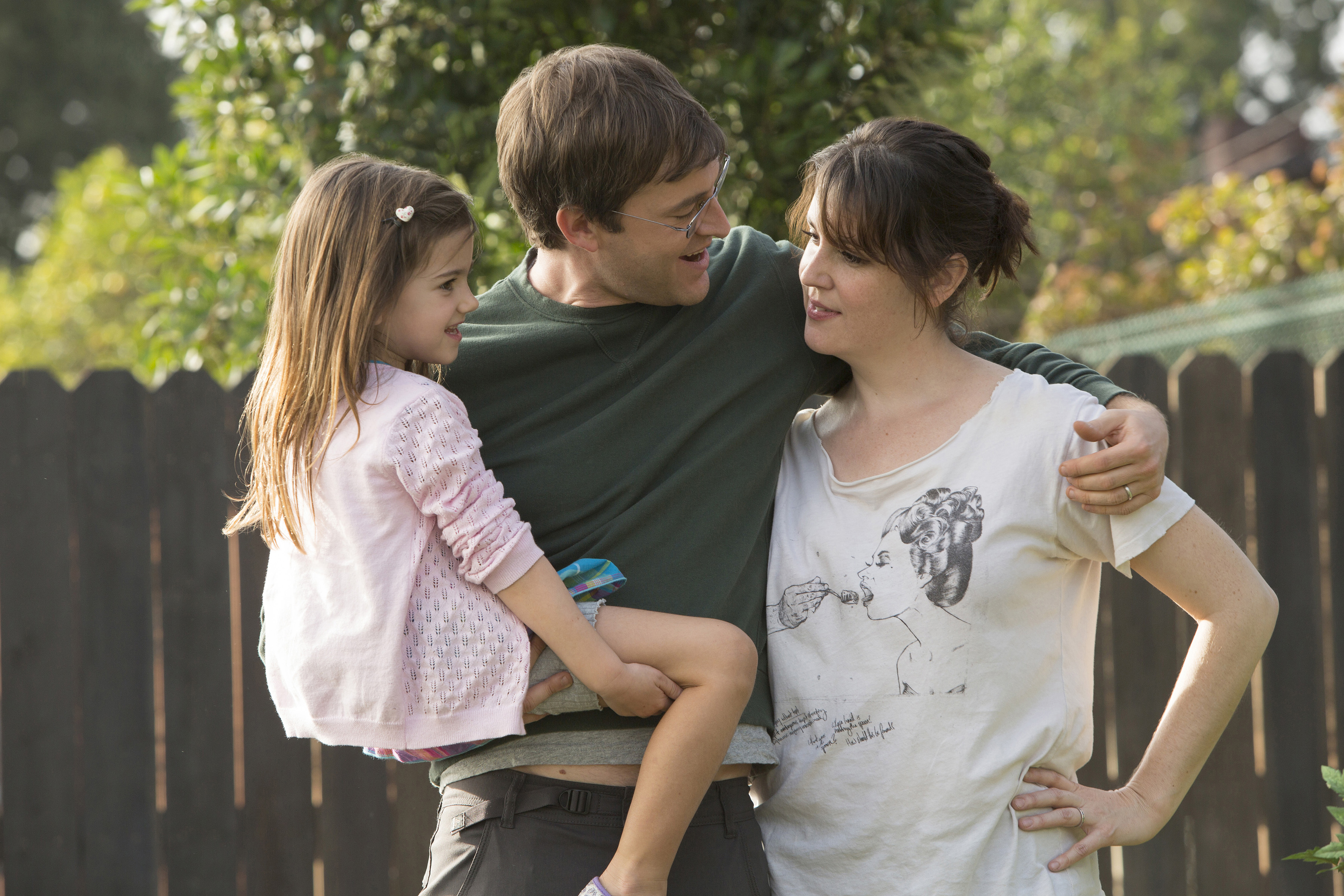Why does Togetherness act like feminism never happened?
HBO's new show is either a very stealthy interpretation of The Feminine Mystique or completely out of touch


A free daily email with the biggest news stories of the day – and the best features from TheWeek.com
You are now subscribed
Your newsletter sign-up was successful
HBO's new show Togetherness is about a contemporary husband and wife who live according to a strict interpretation of 1950s-era American mores.
OK, that's not really true — but it might as well be.
The show really centers around four middle-aged, middle-class, formerly hip men and women and the indignities they face. There's a bored married couple with zero sex life, one unmarried older sister, and a struggling actor best friend, all whose lives bear little resemblance to their dreams. In line with the mumblecore cinema that inspired it, the show is a meditation on ennui and our tendency to get in our own way.
The Week
Escape your echo chamber. Get the facts behind the news, plus analysis from multiple perspectives.

Sign up for The Week's Free Newsletters
From our morning news briefing to a weekly Good News Newsletter, get the best of The Week delivered directly to your inbox.
From our morning news briefing to a weekly Good News Newsletter, get the best of The Week delivered directly to your inbox.
For the record, I have no problem with shows about such privileged inertia — people who have it all and yet still can't figure out what to do with it. But if someone is going to explore this particular category of strife, one often referred to as "white people's problems," I'd like for them to actually get it right.
My problem? Togetherness acts like the women's movement never happened. The character Michelle is a disgruntled housewife who is quite obviously unhappy in her stay-at-home role. The only remedy she's discovered so far is to have different or better sex.
Actress Melanie Lynskey does a decent job with the role, but there's a limit to the power of an actress to bring life to a character whose story is tired and laden with cliches. As I watch her mope around, I can only think that somebody needs to get her a copy of Betty Friedan's The Feminine Mystique, a book written over 50 years ago about "a strange stirring, a sense of dissatisfaction, a yearning that women suffered in the middle of the 20th century in the United States."
Each suburban wife struggled with it alone. As she made the beds, shopped for groceries, matched slipcover material, ate peanut butter sandwiches with her children, chauffeured Cub Scouts and Brownies, lay beside her husband at night — she was afraid to ask even of herself the silent question — "Is this all?" [The Feminine Mystique]
This could have been the description on the casting sheet for Michelle.
A free daily email with the biggest news stories of the day – and the best features from TheWeek.com
Now, I'm not saying that women like Michelle don't exist anymore. (Though it's worth noting that this breed of disaffected housewife is increasingly becoming a minority. A recent PEW report found that stay-at-home-moms are less likely to be white, more likely to be foreign-born, less likely to have a college-education, and more likely to live in poverty than working moms.) The problem is that Togetherness, which is supposed to be girded in observational realism, relies on such a tired trope.
The obvious notion that a woman might need something more than domestic life has yet to be brought up once on the show, and so Michelle's malaise remains an individual mystery rather than the driving force behind one of the biggest social movements of our time. Simply put, giving Togetherness a little feminism would make for much better TV. It also might improve the couple's sex life.
Because it's not just the wife whose suffering feels behind the times. The husband Brett (played by the show's co-creator and mumblecore alum, Mark Duplass) is beaten down by his lack of professional success. His inability to feel like somebody at work has diminished him, and he has trouble connecting to anything or anyone. Part of the feminist project was to give men more ways to value themselves beyond their role as breadwinners — and it succeeded. Bretts today are active fathers, so much so that they are increasingly stressed out about not spending enough time with their kids.
I know. It's just a television show. Maybe not a good one. But the stories we tell matter, especially when they get a platform like the post-Girls Sunday slot on HBO. We watch to find ourselves in them, to learn who we are. They are testing grounds for our values and conflicts, and we seek truths in them that we can't always find in our less plotted and messier lives.
For this reason, Togetherness is one big failed opportunity. It's also pretty boring. The thing is, there's plenty to be melancholy about with egalitarian marriage. It's hardly a paradise, but rather a knotty and exhausting relationship which requires a tremendous amount of negotiating and sacrifice.
So bring on a show that features middle-class, middle-aged, formerly hip adults navel-gazers — only make sure they're gazing at the world we see. There's a plenty to be dissatisfied about there.
Elissa Strauss writes about the intersection of gender and culture for TheWeek.com. She also writes regularly for Elle.com and the Jewish Daily Forward, where she is a weekly columnist.
